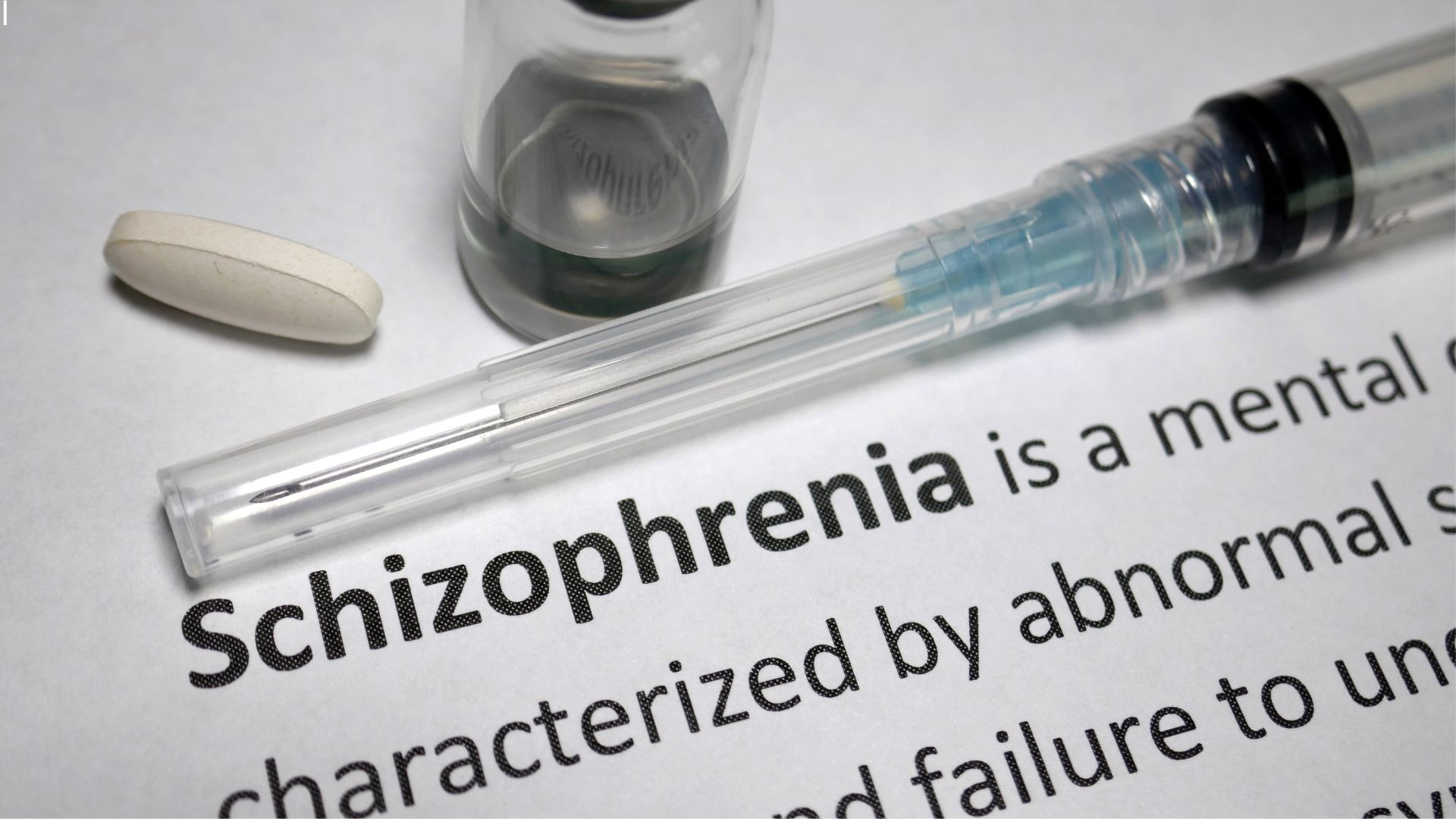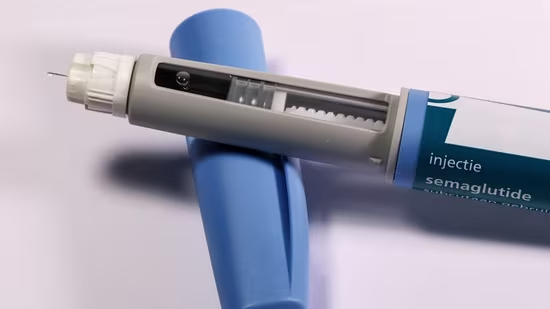Exploring the Glutamate Pathway: A New Frontier in Treating Depression
Depression affects millions of people, and for many, finding effective treatment can be a long and difficult journey. Traditional antidepressants, such as SSRIs and SNRIs, work by altering the levels of neurotransmitters like serotonin and norepinephrine, often taking several weeks to bring relief. While effective for many, these medications don’t work for everyone.
Newer research into brain chemistry has highlighted the role of glutamate, the brain’s most abundant excitatory neurotransmitter, in mood regulation. Glutamate plays a key role in how neurons communicate, learn, and adapt. Studies have found that in individuals with major depressive disorder, particularly those with treatment-resistant depression, there can be significant dysregulation in the glutamate system. This breakthrough has led to new medications specifically targeting glutamate pathways—offering fresh hope to patients for whom traditional treatments have not worked.
Glutamate-Targeting Medications: A New Approach at Our Practice
At our practice, we are proud to offer two leading treatments that leverage the glutamate pathway for depression: Spravato (esketamine) and Auvelity. Both of these treatments provide innovative ways to address depression quickly and effectively.
- Spravato (Esketamine): Spravato is an FDA-approved nasal spray derived from ketamine that modulates glutamate activity. Unlike traditional antidepressants, Spravato can produce rapid antidepressant effects, often within hours or days, making it especially useful for patients needing quick symptom relief. In addition to treating depression, it has been approved specifically for treatment-resistant depression, providing a viable option for patients who have not responded well to other antidepressant therapies.
- Auvelity: Another novel treatment option we provide, Auvelity is an oral medication that combines dextromethorphan, an NMDA receptor antagonist, with bupropion, which enhances the bioavailability of dextromethorphan. Auvelity works by modulating glutamate activity in the brain, offering patients a unique mechanism to manage depressive symptoms. Many patients have reported significant symptom relief with Auvelity, often after years of struggling with conventional treatments.
Benefits of Targeting the Glutamate Pathway
- Rapid Relief of Symptoms: For many patients, glutamate-modulating medications like Spravato and Auvelity can provide faster symptom relief compared to traditional antidepressants. Some patients experience significant improvement within hours, which is especially beneficial for individuals with severe depression.
- Effective for Treatment-Resistant Depression: Spravato and Auvelity have shown success in treating individuals who haven’t found relief from other medications, opening up new possibilities for those with treatment-resistant depression.
- Alternative Mechanism of Action: By focusing on glutamate, these medications offer a fresh approach to treating depression, allowing for a multi-faceted treatment plan. This approach is particularly promising for patients who might benefit from an alternative pathway in combination with other therapies.
- Potential Cognitive Benefits: Some studies suggest that glutamate-targeted medications may also improve cognitive functioning, which can positively impact memory, focus, and decision-making, all of which can be affected by depression.
Is Glutamate the Future of Depression Treatment?
As the understanding of depression and brain chemistry grows, targeting the glutamate pathway represents an exciting shift in treatment options. Medications like Spravato and Auvelity provide faster relief, unique benefits, and a new hope for those struggling with treatment-resistant depression. By expanding treatment beyond traditional neurotransmitters like serotonin and norepinephrine, these medications tap into the brain’s natural adaptability, helping to pave the way for lasting recovery.
If you or a loved one has not responded well to traditional antidepressants, it may be worth discussing these innovative treatment options with our psychiatric team. As research into the glutamate pathway continues, this approach may play a pivotal role in the future of depression treatment, offering new possibilities for recovery and resilience.




